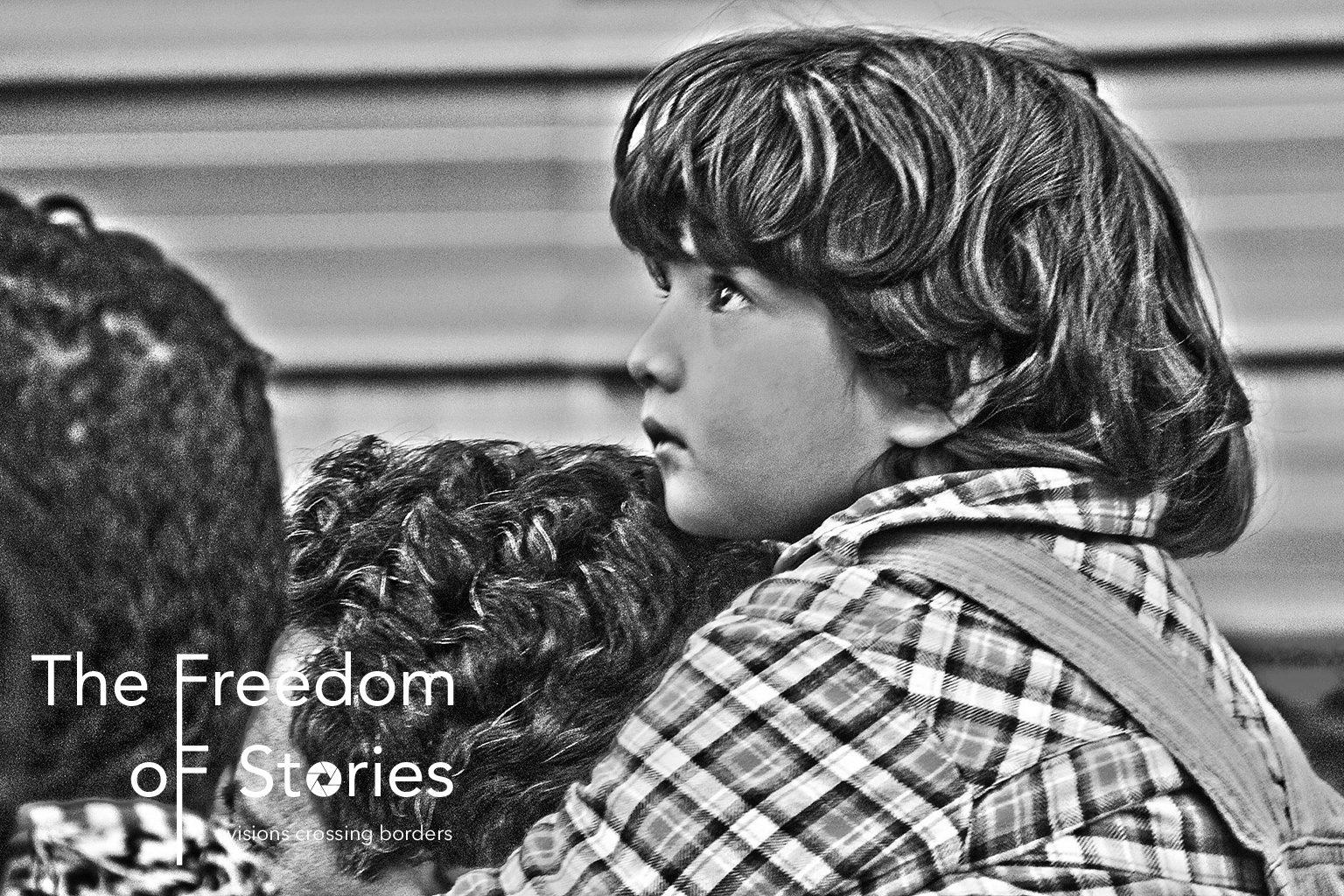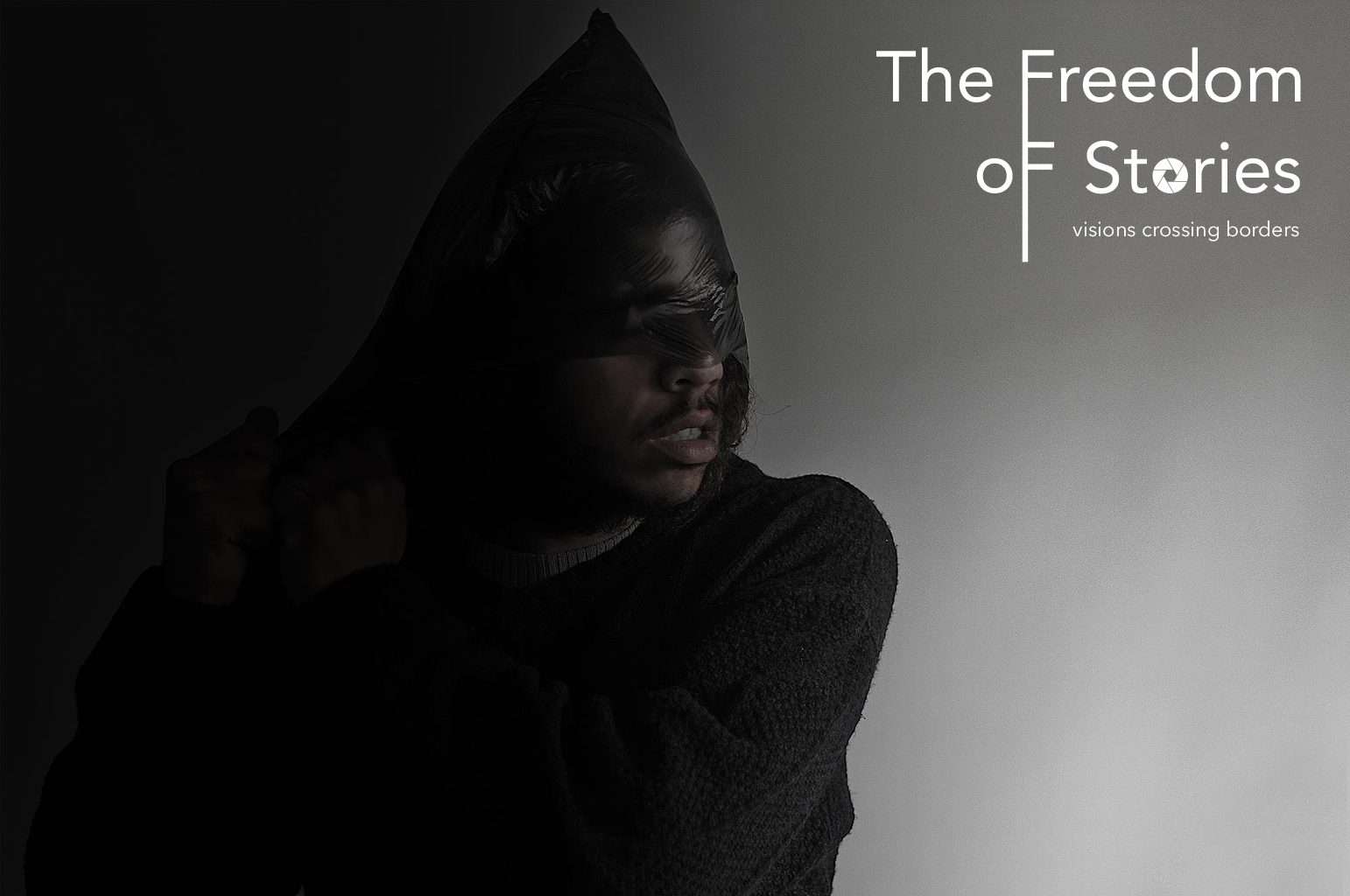“freedom is the ability to be yourself and move freely wherever and whenever you want”
In 2013, I met 23 year old cinema student, rapper and photographer Mahdi Lyoubi for the first time while practicing a research period in Rabat. Morocco’s political centre and birth town of the 20 February movement that initiated the 2011 version of Arab Spring uprisings. Mahdi was an active member of the movement and mainly worked on portraying the activists (artistic) protests through photography and government suppressed rap music. He then told me that the state perceived their provoking and critical lyrical messages as a threat to the ruling governments. As a son of military parents Mehdi was inheritably not expected to join an anti-scented movement raiding against the Makhzen (Moroccan Monarch and its ruling elites). Nevertheless, he joined a then notorious rap group named l’Bassline – meaning the audacious in Moroccan Arabic – to transcend the youth’s marginalized voices. The verb of Bsella formed a socio-political underground scene of rebelliousness against state implications, manifesting itself through peaceful musical resistance. Their online video clips went viral and were seen as an initiative to civically disobey state implications.
For years to come I kept in contact with, the now independent rapper, Mahdi resulting in meeting again during the summer of 2016. His online shared pictures still represented his definition of freedom. Starting our conversation, he underlines that his definition on freedom is one in which he can experience full personal development without undergoing state restrictions. I ask how that went for him since our final conversation in 2013, especially since his attendance with the heavily contested 20 February movement. ‘The movement has continued to exist in another context through which new creative initiatives have evolved. We still dream to reach actual social changes.’ Mehdi explains that he now mainly aims to reach such goals through music and photography. ‘Within my photographic world I try to frame my own vision on freedom. To me, these images represent an artistic expression through which I can make social issues debatable. There currently seems to be an international illusion on Moroccan liberty while the truth is that our freedom of speech is limited. We are still censured and marginalized within many fields when it comes to expressing ourselves.’
After a long conversation in one of Rabat’s alternative cafeterias, I ask Mahdi to show me his most liberating area within Rabat. We jointly walk to the “spot”, an open park near the Moroccan parliament where punkers, skaters, rock- and rap artists gather since 2007. At the Spot, they exchange lyrics and feel free to gather without sensing any mutual prejudices. On the left and right side of the area there are a mosque and church to be found. Mahdi explains that ‘not having to choose between any religious symbols and meeting each other half way through feels very liberating’. He takes over my photo camera and starts to shoot random pictures of the environment. Rather sad about the fact that nothing much has changed for youngsters such as Mahdi, we part. Knowing we will meet again, I hope It will be under better circumstances. One in which Moroccan youngsters are provided a safe space to develop their talents, without it being perceived as a national threat.*
* These are selected fragments from extensive and interactive interviews held with El Mahdi Lyoubi in 2013 and 2016.
The Art of Expression
Like his music Mahdi aims to express social issues through his photo series. For ‘The Art of Expression’ Mahdi selected a range of works striving to artistically message about marginalized themes within Moroccan society. The shortages in female rights, freedom of expression and other political issues take a major stance within his works. Through these images he aims to make sensitive topics debateable while leaving enough interpretive space for the audience to consume.
- Revolting Father & Son
During the 20 February protests I would capture images of random attendees. I found the image of this father and son to be striking during the most heated periods of revolt in Morocco. I admired the father for taking his son to one of the demonstrations aiming to teach him about political issues at this age and letting him be part of history in the making. While taking this picture I wondered how the boy would reminisce this day ten years from now and whether he would live in a better nation then we domicile today.

- The Freedom of Expression
An important key within my work is to artistically show some of Morocco’s most pressing issues. The plastic bag stands for limited freedom of speech, resulting in the daily suffocation of Moroccans nationwide.

- Female Rights?
Through this image I aim to highlight the suffocated topic of female rights in Morocco. I perceive myself as a feminist and believe that men play a crucial part in improving this matter. Personally, I oppose any form of repression and believe that we must stand united in order to persevere actual changes.

© El Mahdi Lyoubi
